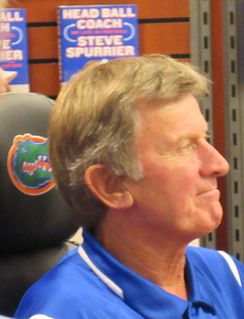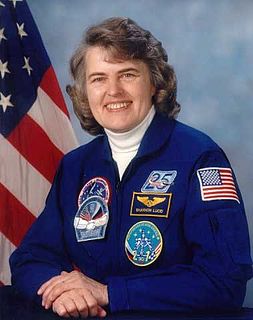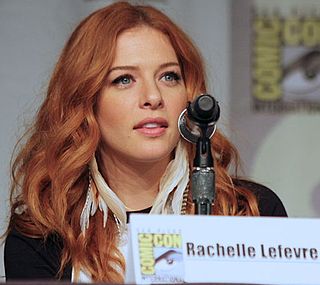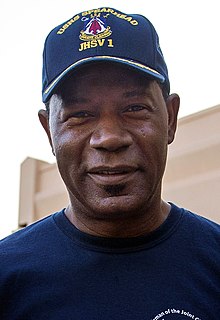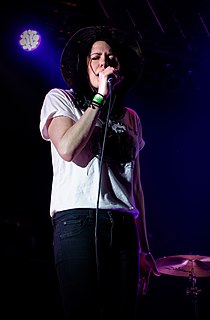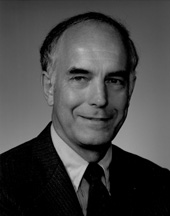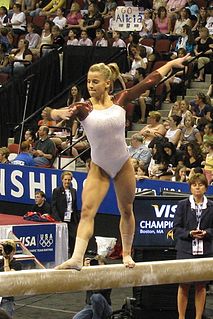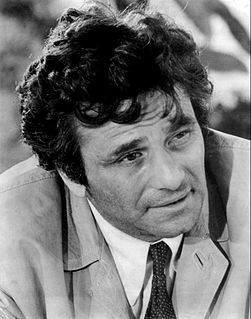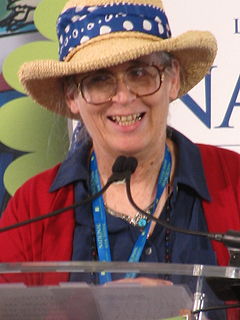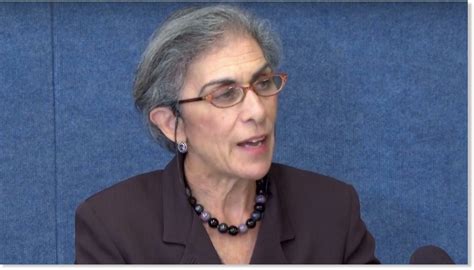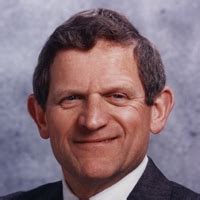A Quote by Ryan Hurd
I got a sociology degree and then had an opportunity to go to graduate school. But I said no, because I wanted to give songwriting a shot.
Related Quotes
I knew that they were going to be reading actors for Manute, and I wanted to give it a shot. I wanted a shot to do it, and they embraced that and said, "All right, come on in. Let's see what you've got." So, I went in, and the rest is history. It felt good when I went into the office, and it just worked.
Though [John] Hughes did provide for us, if we wanted, to go to a local high school and try to blend in. Michael [Hall] and Molly [Ringwald ] already had school to go to with their tutors. Ally [Sheedy] wanted nothing to do with high school. She said, "I remember it fine. I don't want to go back." Which is great. So Emilio [Estevez] and I went. And Emilio lasted a couple hours because people recognized him from The Outsiders that had already been out, so his cover was blown.

